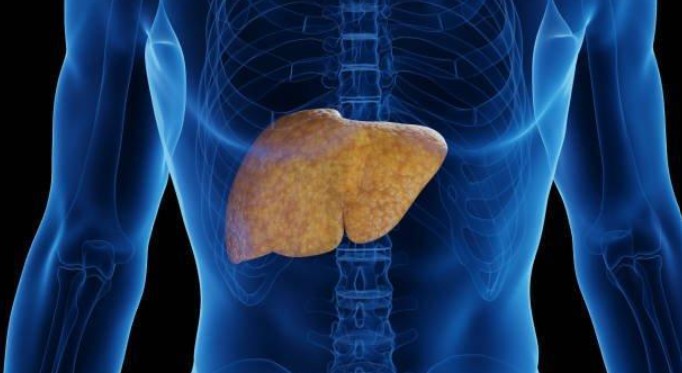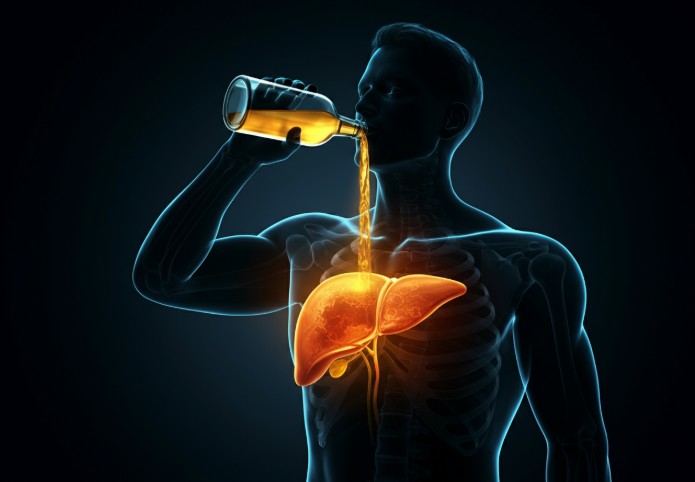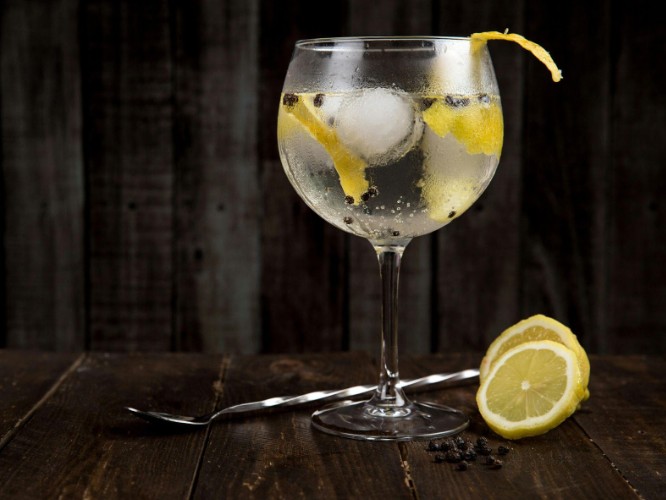Alcohol is one of the leading causes of liver disease worldwide, responsible for nearly 30–40% of liver cancer cases and countless cases of cirrhosis each year. With such high stakes, it’s no surprise people often ask: “Is there a type of alcohol that’s less harmful to my liver?”
The reality is that all alcohol carries risks, because ethanol—the active ingredient—is toxic to liver cells no matter the source. That said, some drinks may appear “less harmful” than others, usually because of how they’re consumed, their calorie content, or compounds like antioxidants in red wine.
In this article, we’ll explore what research says about wine, beer, and spirits, how drinking patterns affect liver risk, and the practical steps you can take to protect your liver health if you choose to drink.
How alcohol affects your liver
No matter the drink, your liver breaks down ethanol into acetaldehyde—a toxic substance that can:
- Damage liver cells
- Promote fat buildup (fatty liver)
- Trigger inflammation (hepatitis)
- Lead to scarring (cirrhosis)
- Increase risk of liver cancer
Over time, any type of alcohol can harm the liver, especially if intake exceeds recommended limits.
Which alcohol is least harmful to the liver?

Red wine
- Contains antioxidants (like resveratrol) that may benefit heart health.
- Some studies suggest light red wine consumption may not raise liver enzyme levels as much as other drinks.
- But heavy wine drinking carries the same risks as any alcohol.
Beer
- Often consumed in larger volumes → higher total alcohol intake.
- Can contribute to weight gain and fatty liver due to calories and carbs.
- Not “safer” than spirits or wine.
Spirits (vodka, whiskey, rum, gin)
- Higher alcohol concentration per serving.
- Often consumed in shots or mixed drinks, leading to binge patterns.
- Strongly linked to liver cirrhosis risk when abused
“Healthiest” choice?
If consumed at the same ethanol dose, no type is inherently safe. But light red wine in small amounts (1 glass a few times per week) may be slightly less harmful due to antioxidants.
How much alcohol is considered safe for liver health?
Health guidelines suggest:
- Men: Up to 2 drinks per day
- Women: Up to 1 drink per day
- Binge drinking (4–5+ drinks in 2 hours): Harmful regardless of type
“Moderate drinking” does not guarantee safety. Even within limits, alcohol increases risk of liver disease, cancer, and other health problems. For those struggling to stay within these limits or facing health consequences, going to addiction rehab can provide the support needed to reduce alcohol intake and protect liver health.
Does the type of alcohol change risk of fatty liver?

- Beer: High volume, more calories → higher risk of fatty liver.
- Wine: Some evidence of lower fatty liver prevalence in moderate drinkers, but benefits disappear with higher intake.
- Spirits: Stronger link to cirrhosis, especially with heavy use.
Key point: The amount you drink matters far more than the type.
Is any alcohol good for your liver?
No. While red wine has been linked to heart health in some studies, there’s no evidence that alcohol improves liver health. In fact, the World Health Organization [2023] states: “No level of alcohol consumption is safe for health.”
Other factors that affect liver risk
- Genetics: Some people metabolize alcohol less efficiently.
- Gender: Women are more vulnerable to liver damage at lower amounts.
- Coexisting conditions: Hepatitis, obesity, or diabetes increase risk.
- Drinking patterns: Daily vs. binge drinking affects outcomes.
Tips for reducing alcohol-related liver damage

- Stick to recommended limits—or less.
- Choose smaller servings and alternate with water.
- Avoid mixing alcohol with sugary or energy drinks.
- Take alcohol-free days each week.
- Get regular liver health checks (blood tests for ALT, AST).
FAQs about alcohol and liver health
- Is red wine really better for the liver than beer or spirits?
Only slightly, due to antioxidants. But ethanol still damages the liver. - What if I only drink on weekends?
Binge drinking—even once a week—is very harmful to the liver. - Does clear liquor (like vodka) hurt the liver less than dark liquor?
No. Both contain ethanol. The difference is in calories and additives, not liver toxicity. - Can small amounts of alcohol improve health?
Some studies suggest heart benefits, but no benefit for the liver. - How can I tell if alcohol has already damaged my liver?
Early liver disease is often silent. Blood tests and imaging are the only way to know.
Final thoughts
So, which alcohol is least harmful to your liver? The answer is: none are truly safe. While light red wine in moderation may be slightly less harmful due to antioxidants, the type of alcohol matters less than the amount and frequency you drink.
The best way to protect your liver is to limit alcohol as much as possible, stick to moderation guidelines, and prioritize a healthy lifestyle.
Want to know where your liver stands today? Ribbon Checkup offers at-home liver health tests that provide lab-quality results and give you peace of mind.
References
- World Health Organization. (2023). Alcohol and health fact sheet.
- American Liver Foundation. (2023). Alcohol-related liver disease.
- Mayo Clinic. (2023). Liver disease: Causes and prevention.
- Rehm, J., et al. (2021). Alcohol consumption and liver cirrhosis risk. Liver International.
- Centers for Disease Control and Prevention (CDC). (2023). Alcohol use and your health.
